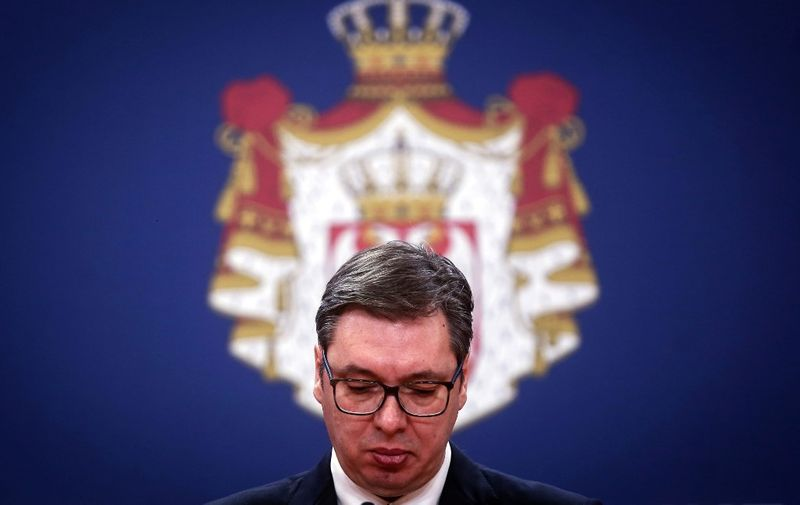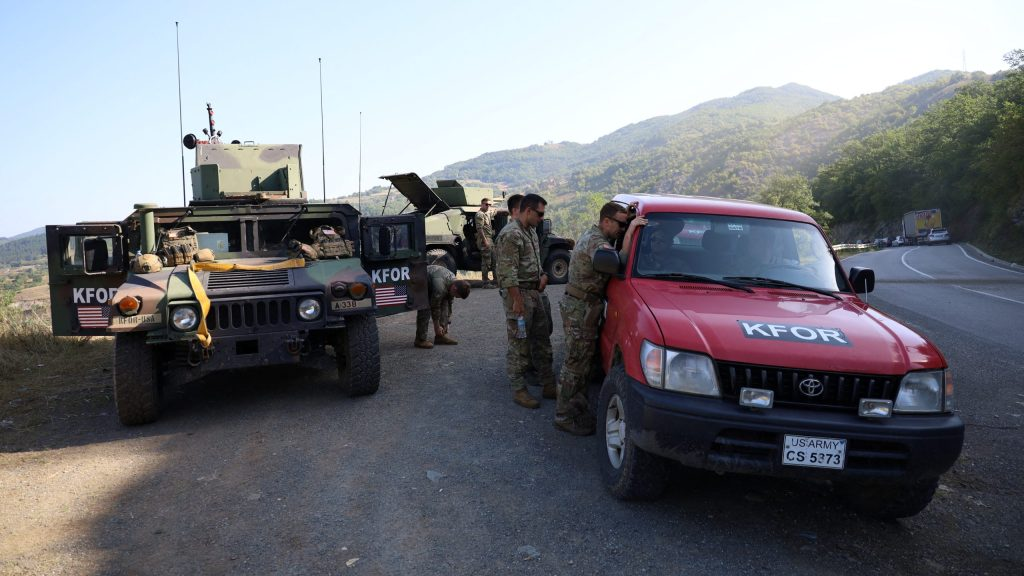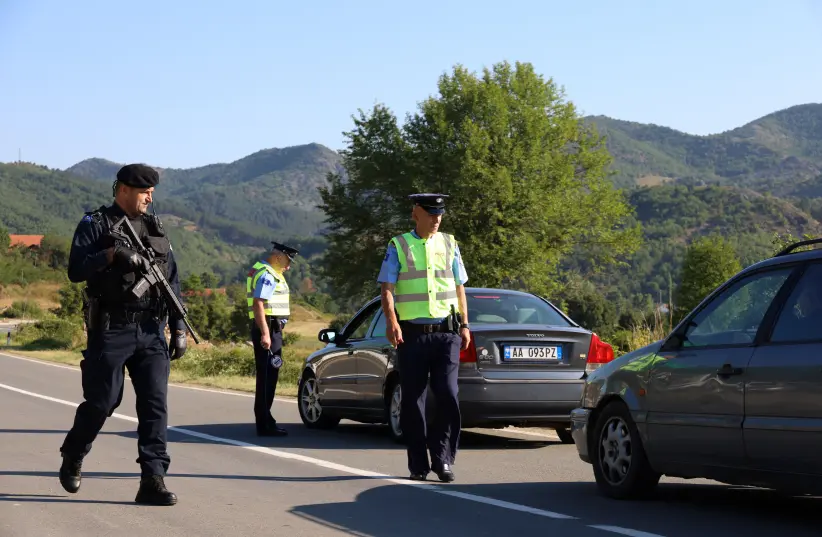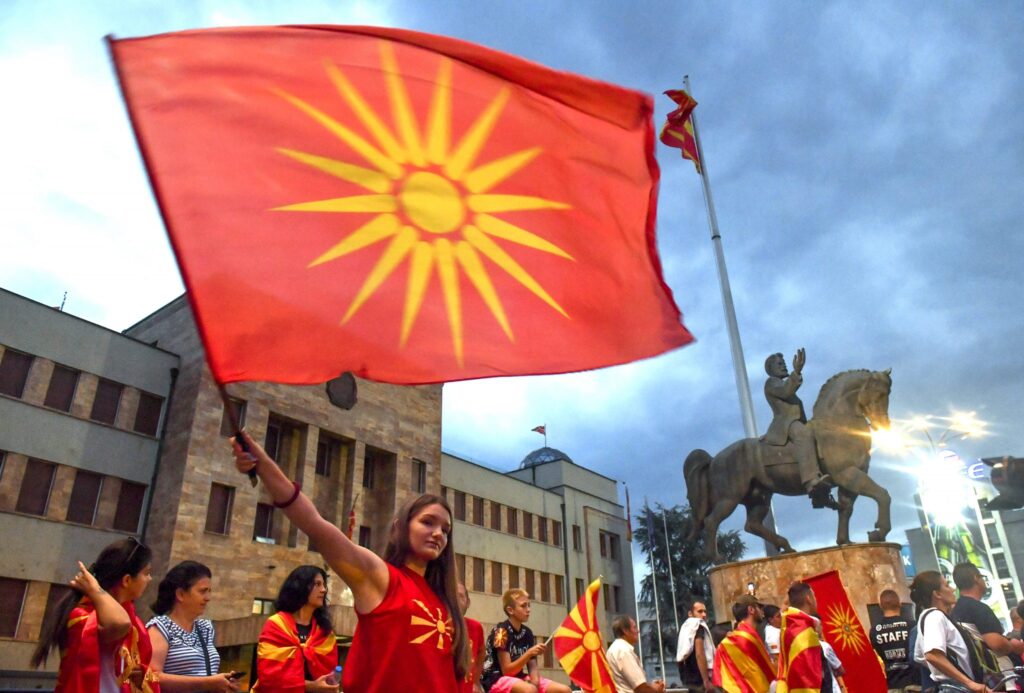Παρακμή και εκτροπή
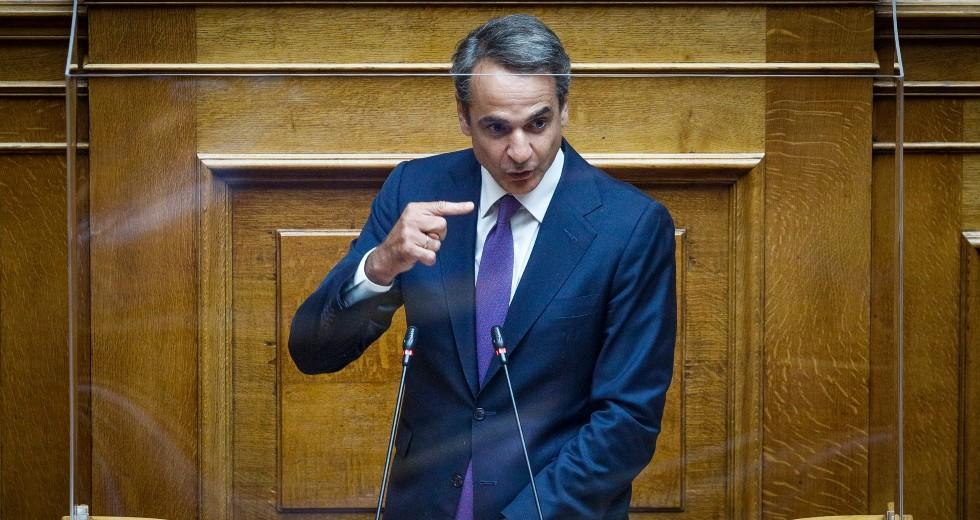
Η χθεσινή παρουσία του πρωθυπουργού στη Βουλή ήταν τραγική. Κι αυτό γιατί ήταν ομολογία και αποκάλυψη της απόλυτης πολιτικής παρακμής. Ο άνθρωπος που διοικεί τη χώρα δεν ήταν σε θέση να εγγυηθεί τη δημοκρατική νομιμότητα, απέφυγε να δώσει ουσιαστικές και πειστικές απαντήσεις στα καίρια ερωτήματα της αντιπολίτευσης, κατέφευγε διαρκώς σε ψεύδη, παιδαριώδεις υπεκφυγές, αστείες δικαιολογίες. Το χειρότερο όμως είναι ότι στη βάση όλων αυτών υπερασπίστηκε το καθεστώς των παρακολουθήσεων που ο ίδιος δημιούργησε.

